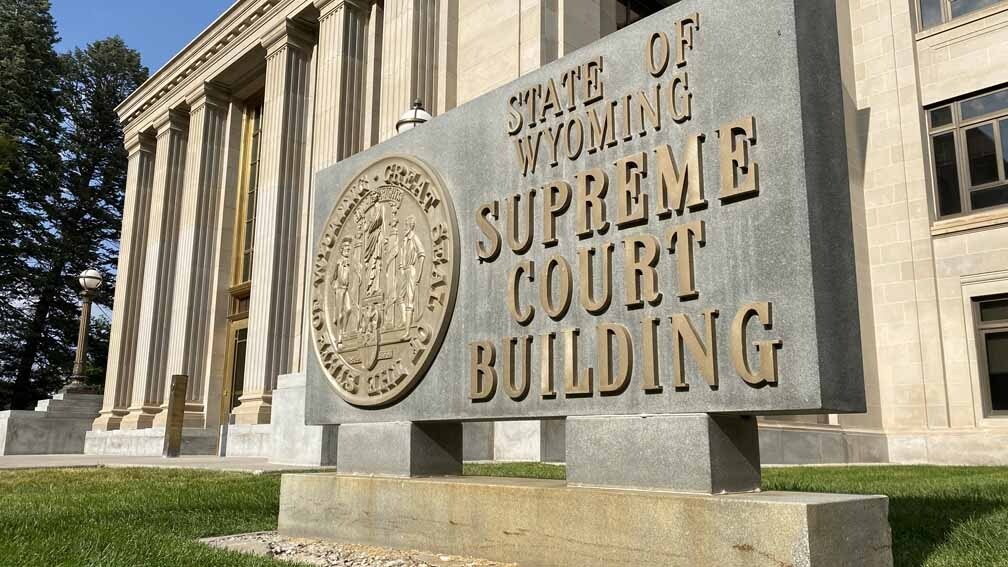A man who was required to register as a sex offender because of a change in state law must continue to register even though his conviction occurred more than 25 years ago, Wyoming’s Supreme Court has ruled.
The court upheld a lower court’s decision to require Jeffrey Earl Harrison to register as a sex offender until 2034.
According to the ruling, written by Justice Kate Fox, Harrison was convicted in 1994 of fourth-degree sexual assault, a crime which in 1997 was reclassified to third-degree sexual assault, which is defined as “sexual contact” without sex taking place.
At the time of his conviction, Harrison was not required to register as a sex offender because the victim was over 16. However, state law changed in 2007 to require registration by those convicted of third-degree sexual assault regardless of the age of the victim.
Once Harrison learned of the change in 2009, he began to register as a sex offender. In 2019, 25 years after his conviction, he asked that he be allowed to stop registering.
The ruling said in Harrison’s case, he could ask for relief from registration after 25 years.
A state district court initially agreed to Harrison’s request, but it was opposed by the state Division of Criminal Investigation.
The DCI said the 25-year limit began after Harrison started registering in 2009, not when he was convicted in 1994.
Harrison argued the district court made a mistake by starting the time on his registration period in 2009, but the Supreme Court said state law was clear that people required to register as sex offenders must do so for at least 25 years.
Harrison also argued that his constitutional rights to equal treatment under the law were violated because by changing the rules on registration, the state imposed extra years of registration that would not be imposed on someone else convicted of the same crime after 2007.
However, justices said Harrison did not offer enough evidence to get the court to reverse itself on its ruling in the past that the registration requirement is not a punishment, but a regulatory burden.
“He has not convinced this court to overturn our holding that the (registration law) is not an ex post facto punishment …”





